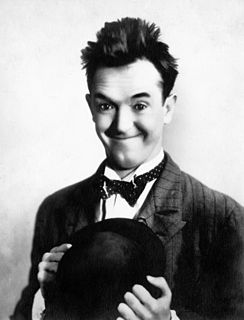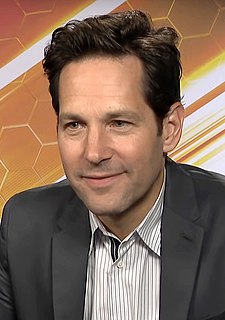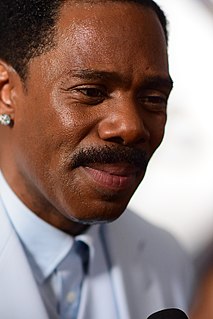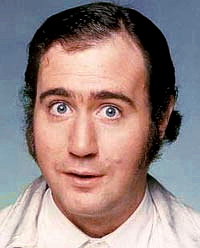A Quote by Stan Laurel
We never dealt with satire or suggestive material. Although some of our films were broad parodies or burlesques of popular dramatic themes, there was no conscious attempt at being either sarcastic or offensive.
Related Quotes
Richard Donner made great movies. Seminal movies. The Academy, though, and we have to be careful here, should recognize popular films. Popular films are what make it all work. There was a time when popular movies were commercial movies, and they were good movies, and they had to be good movies. There was no segregation between good independent films and popular movies.
If the concept of consciousness were to fall to science, what would happen to our sense of moral agency and free will? If conscious experience were reduced somehow to mere matter in motion, what would happen to our appreciation of love and pain and dreams and joy? If conscious human beings were just animated material objects, how could anything we do to them be right or wrong?

































